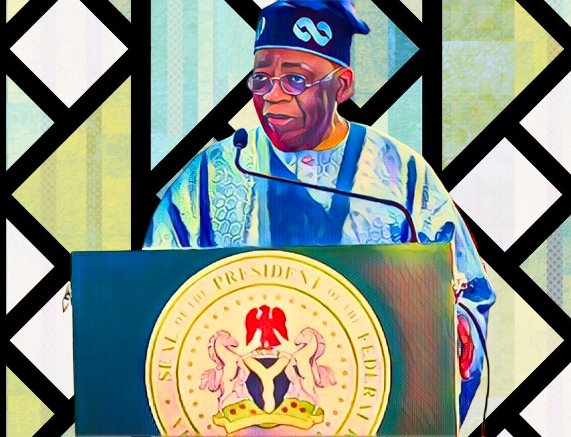KEY POINTS
- Nigeria’s GDP grew 3.46% in Q3 2024, exceeding last quarter’s growth of 3.19%.
- Services contributed 53.58% of GDP, with agriculture and industry showing steady growth.
- Economic reforms drive recovery, but inflation and youth unemployment remain critical challenges.
Nigeria’s economy grew faster than anticipated in the third quarter of 2024, according to the National Bureau of Statistics (NBS), with GDP growth rising to 3.46 percent, up from 3.19 percent in the previous quarter. This marks a notable improvement over the 2.54 percent recorded in Q3 2023, driven by strong performances in key sectors such as services, agriculture, and trade.
President Bola Tinubu welcomed the development, describing the growth as evidence of the economy’s resilience amid structural reforms. But he acknowledged that substantial challenges remain. “While I am encouraged by this progress, these figures remind us of the considerable work ahead,” Tinubu stated in a release issued by his Special Adviser on Media and Public Communications, Sunday Dare.
Services lead GDP Growth
According to Vanguard news, the NBS report highlighted that the services sector was the top contributor, growing by 5.19 percent and accounting for 53.58 percent of GDP. The agriculture sector, though expanding by 1.14 percent, saw a slight dip compared to Q3 2023 figures. Industrial growth, at 2.18 percent, reflected a recovery from the 0.46 percent recorded last year.
Nigeria’s daily crude oil production also increased to 1.47 million barrels per day, up from 1.41 million in the previous quarter. The oil sector contributed 5.5 percent to GDP, buoyed by a year-on-year growth rate of 5.17 percent, signaling a rebound despite ongoing global energy challenges.
Economic reforms begin to take shape
Tinubu emphasized that his administration’s reforms, including fiscal adjustments and investment-friendly policies, are starting to bear fruit. “The 3.46 percent growth indicates that our economy is recovering from the unintended effects of these reforms,” Tinubu said. He also reiterated his commitment to a $1 trillion economy by 2030, underpinned by strategic initiatives such as tax reform and economic rebasing.
The NBS attributed the GDP expansion to growth in financial services, ICT, transportation, and manufacturing, which contributed positively to the non-oil sector’s 3.37 percent growth. The sector has become a key driver of economic resilience, cushioning the impact of external shocks on oil-dependent revenues.
Challenges persist amid progress
Despite these gains, analysts caution against over-optimism. Persistent inflation, which remains elevated due to food prices and energy costs, threatens to erode household purchasing power. Agriculture’s slower growth highlights ongoing vulnerabilities in food security, while rising unemployment among youth signals deeper structural challenges.
Tinubu acknowledged these hurdles, promising intensified efforts to ensure that economic improvements translate to better living standards. “We won’t rest until Nigerians feel the positive impact in their pockets and experience improved livelihoods,” he assured.
Outlook remains cautiously optimistic
With the GDP rebasing scheduled for early 2025, experts predict that capturing the dynamism of emerging sectors will enhance economic metrics. Tinubu’s administration aims to reduce inequality through tax reforms targeting spatial and demographic equity while fostering inclusive growth.
Nigeria’s recent GDP performance showcases progress but underscores the need for sustained reforms to ensure shared prosperity and resilience.


